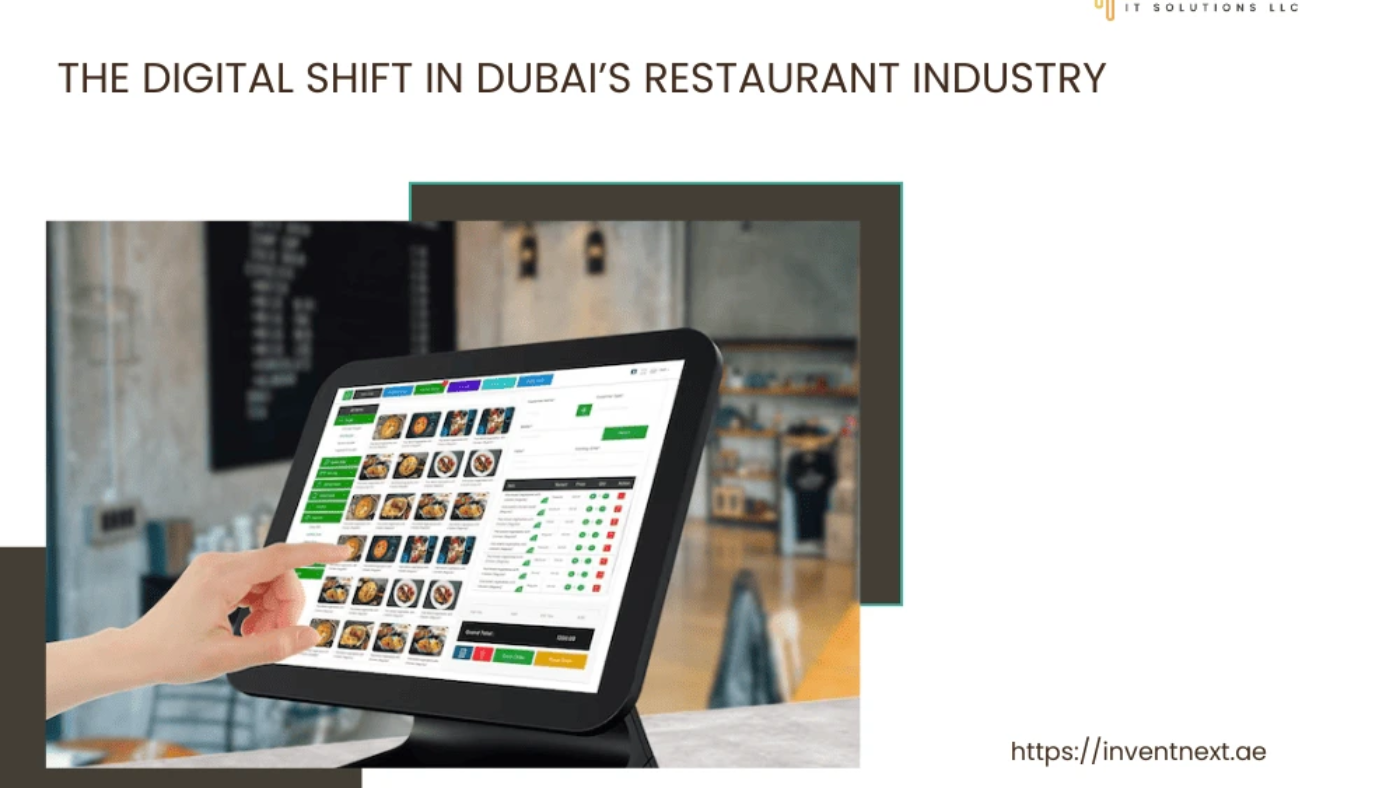Dubai’s restaurant scene is known for its diversity, innovation, and fast-paced growth. In this highly competitive market, technology is playing a crucial role in shaping how restaurants operate, engage customers, and manage their back-end processes. From automation and online ordering to advanced data analytics and integrated payment solutions, digital transformation is redefining the future of dining in the UAE.
Streamlining Operations with Smart Restaurant Management Tools
One of the most impactful technological upgrades in the industry has been the adoption of intelligent restaurant management systems. These systems help automate everyday tasks, from order-taking and table management to billing and kitchen coordination. This not only speeds up service but also reduces human errors and improves customer satisfaction.
Many restaurants across Dubai are integrating software that links front-of-house and back-of-house operations seamlessly. For example, when an order is taken at the table using a tablet, it’s instantly transmitted to the kitchen display system. This real-time connectivity enhances communication between staff, shortens service time, and ensures accuracy, critical for maintaining high standards in Dubai’s premium dining landscape.
Enhancing Customer Experience Through Personalization
Today’s customers expect more than just good food—they look for personalized service. With the help of modern software and data-driven tools, restaurants can track customer preferences, past orders, and visit history. This enables staff to make menu suggestions or offer custom promotions, creating a tailored experience that builds loyalty.
Loyalty programs, often integrated into digital platforms, are another way technology improves guest engagement. Whether it’s points-based systems or app-exclusive deals, these programs encourage repeat visits and keep diners connected with their favorite spots.
The Role of Cloud-Based Solutions
Cloud technology has become an essential part of restaurant operations in Dubai. Cloud-based platforms offer flexibility, scalability, and remote access, particularly important features for restaurant owners who manage multiple branches.
With cloud integration, managers can track sales, monitor inventory, and access real-time reports from anywhere. This visibility helps in making data-informed decisions, adjusting pricing strategies, and managing employee performance across locations.
A Restaurant management software Dubai, when cloud-enabled, adds even more functionality. It supports faster billing, integrates with delivery platforms, and complies with the UAE’s VAT regulations. For startups and established restaurants alike, it’s a game-changing investment.
Digital Payments and Contactless Dining
In response to evolving consumer behavior, especially post-pandemic, contactless solutions have become the norm. Dubai’s restaurants now widely support digital wallets, QR-code menus, and mobile payments. This offers convenience and enhances hygiene and safety—factors that remain top priorities for diners.
Smart POS terminals and integrated payment gateways ensure faster checkouts and secure transactions. Customers can split bills, pay using loyalty points, or settle tabs through their smartphones, reducing friction and improving the overall dining experience.
Inventory and Supply Chain Optimization
Technology also aids in managing stock levels and vendor relationships. Inventory software monitors usage patterns, alerts staff about low-stock items, and automates reordering. This minimizes food wastage and helps restaurants stay profitable even in fluctuating market conditions.
Restaurants in Dubai that adopt automated inventory tools can maintain consistency in food quality, avoid over-purchasing, and better manage cost margins. Integration with kitchen systems ensures that ingredients are always available when needed, keeping service smooth and uninterrupted.
Data-Driven Insights for Smarter Business Decisions
With access to real-time analytics, restaurant owners and managers can gain deeper insights into their business performance. From sales trends and peak hours to menu popularity and staff productivity, data is key to continuous improvement.
Advanced reporting tools also help in identifying bottlenecks and optimizing resource allocation. Whether it’s adjusting staff schedules based on footfall or tweaking the menu based on customer preferences, data empowers decision-makers to act with confidence.
Final Thoughts
Dubai’s restaurant industry is no longer just about delicious food—it’s about smart, tech-enabled experiences. As the city continues to grow as a global food destination, technology will remain central to helping restaurants meet evolving customer expectations and operational challenges. Investing in innovative tools such as an advanced restaurant POS system in Dubai is not just a trend but a necessity for long-term success.


Add a Comment